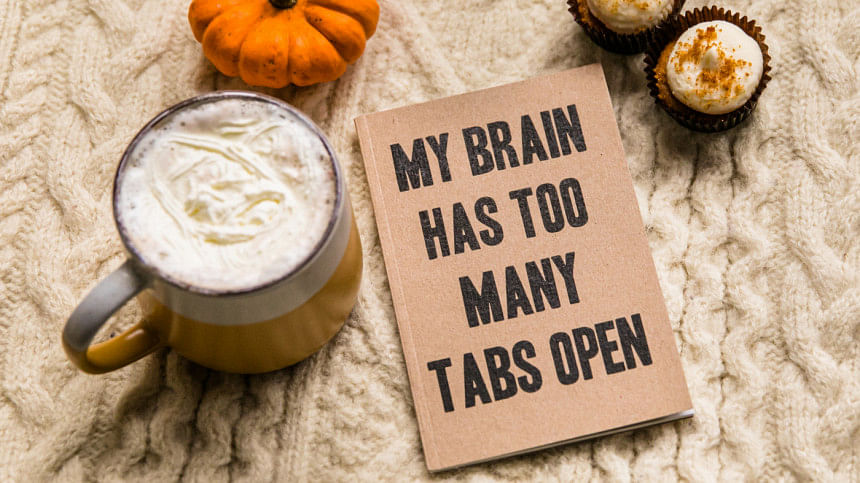Good News: Forgetfulness maybe linked with higher intelligence

Have you ever faced or been in a situation where you somehow forgot to set a reminder for the birthdays of loved ones? Forgot where you kept your wallet or keys while on your way to head out. Or better yet, you forgot whether you took your dietary pills after a meal?
Encounters or experiences like these usually get paired with less intelligence or incapability to hold enough sum of data in one's brain. If you at times find yourself forgetting events, dates or plans with a friend, then do not be too hard on yourself — you might be smarter than you think.
According to studies, our memory optimises decision-making by only remembering key points or valuable information. Forgetting the unimportant details is basically making space or optimising the memory for what matters.
Researchers from the University of Toronto stated that new memories could overwrite old memories. They said, "It is important for the brain to forget irrelevant details. People can instead focus and optimise their memory to help them make intelligent decisions in the real world."
In technical terms, memories are stored in the hippocampus of the brain. It discards less important information to help the brain focus on crucial things. Thus enabling us to make efficient, wiser and better decisions.
The discarding of information depends on the environment and circumstances. For example, it will be difficult to remember all customers a cashier or the staff of a big department see every day. In contrast, someone working in a smaller boutique easily recognise the regulars.
In other words, misplacing details every now and then again is a sign of a healthy memory. It's supposed to work that way.
According to the Toronto based researchers, "Best technique for storing memories is not to memorise absolutely everything. If you're trying to make a decision, it will be impossible to do so if your brain is constantly being bombarded with useless information."
The study also highlights and warns that if people forget important things at a frequent and alarming frequency, then this is a cause for concern.

 For all latest news, follow The Daily Star's Google News channel.
For all latest news, follow The Daily Star's Google News channel. 








Comments